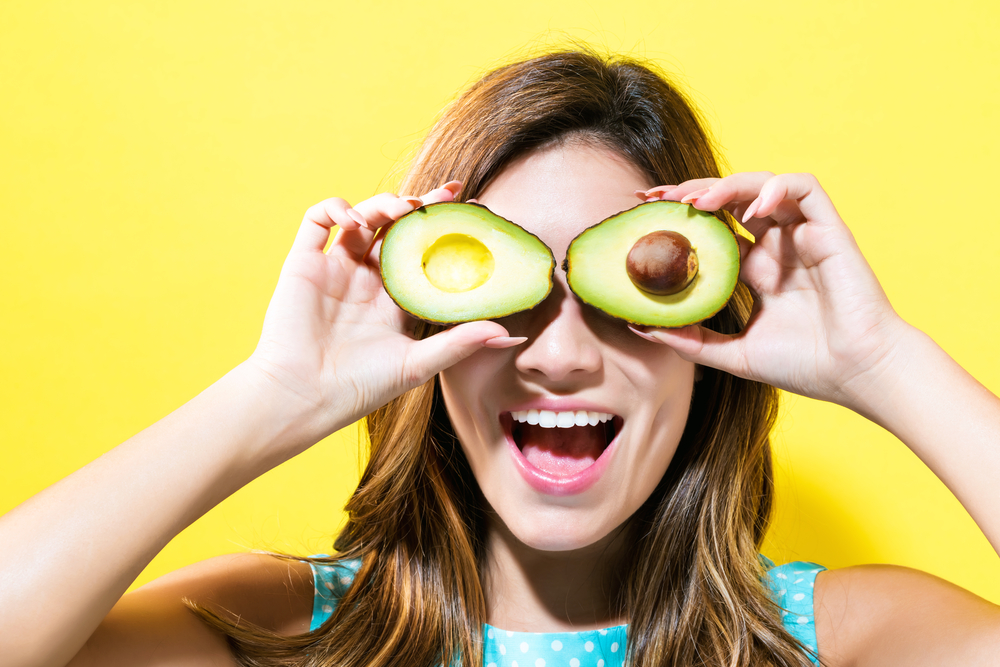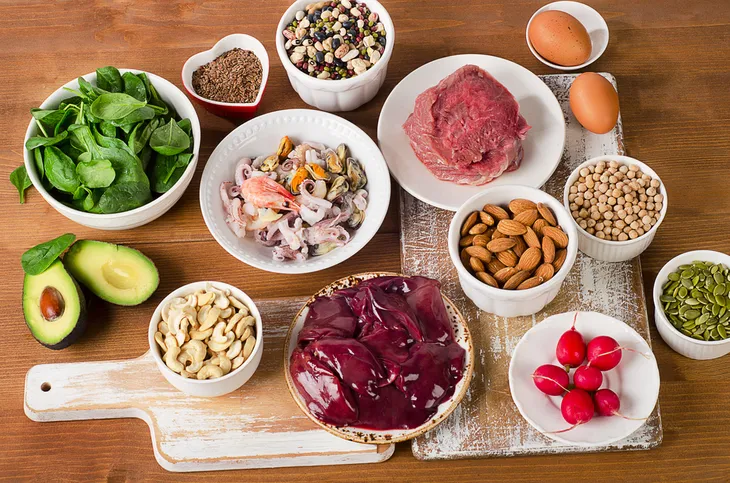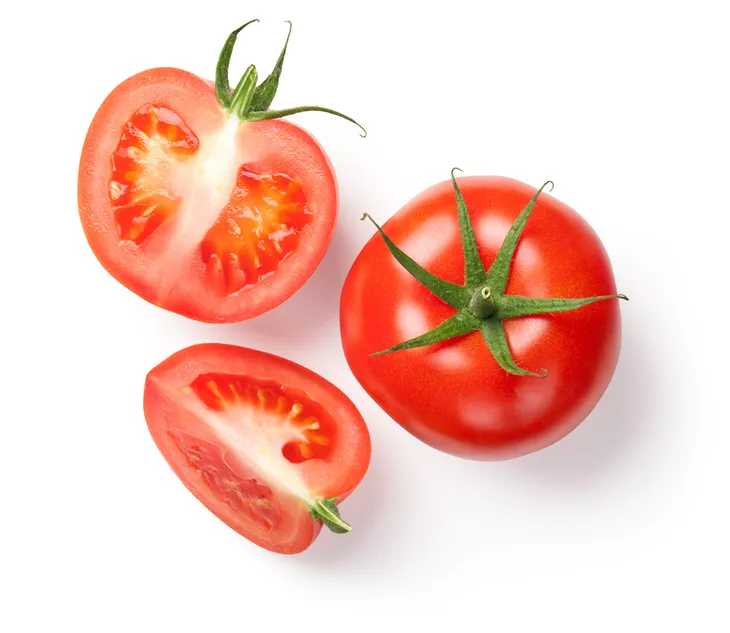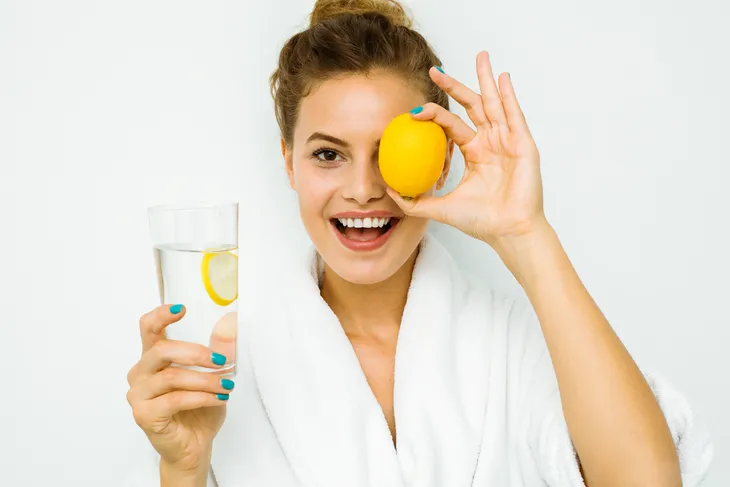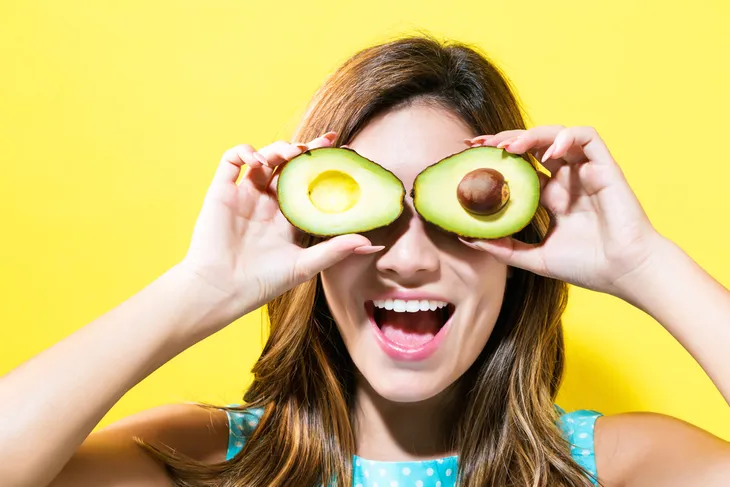For many people, an obsession with skin begins at a young age and lasts throughout their lives. Just think: how many people do you know, including yourself, that has struggled with acne, dry skin, wrinkles or some other kind of skin issue at some point in their lives?
The good news is that there are a number of skin and face treatments that can help with these issues. The bad news is that some of these treatments can be very expensive, placing them out of reach of many Americans. But are there foods that can help make and keep skin looking and feeling healthy?
Keep in mind these foods work mostly by keeping the body healthy and giving your skin the building blocks it needs to repair itself. Ingredients in food do not get preferentially taken up by your skin, so eating them in excessive does not give more benefit than topical ingredients.
Foods with Vitamin C
Most of us are familiar with foods that contain vitamin C—they include berries like currants, blueberries, raspberries, and strawberries, as well as fruits like oranges, papaya, kiwi, and guava. Many people know that these foods can help boost our immune systems. But do you know that they can also help keep your skin looking and feeling healthy?
It’s true; foods high in vitamin C promote the development of healthy skin and can help our skin heal after it’s been damaged—by cuts, burns, or dryness. These foods can also help build collagen, which can contribute to improving capillaries and keeping the skin looking and feeling healthy.
Foods with Zinc
Foods that are high in zinc can help make skin look and feel healthier because it assists in the functionality of the sebaceous glands, which according to the International Dermal Institute, can be found in the skin and play a vital role in the production of oil. This oil helps repair skin problems and keep it feeling soft and smooth.
If you’re wondering what foods contain a lot of zinc, look to protein, including poultry, fish, and lean red meat. You can also find zinc in nuts, seeds, and wholegrain foods.
Tomatoes
Tomatoes are chock full of selenium, a powerful antioxidant that can help improve the functionality of the immune system. Not only will this help you avoid getting sick and recover from an illness, but it can help protect you against mild, modest and serious skin conditions, from sunburn to age spots and even skin cancer.
Tomatoes are not the only foods containing selenium. Brazil nuts are also high in selenium—so high, in fact, that eating just four of these nuts will get you your daily recommended amount. Other foods high in selenium include fish, eggs, and broccoli.
Water
Many people know it’s important to drink lots of water over the course of an average day, but do you know exactly why it’s so important? One reason: it can significantly reduce dehydration and improve the moisture of your skin, making it feel and look healthy.
That’s why it’s important to have water around you at all times, whether you work in an office or out on a construction site. Herbal and caffeine-free types of tea can also help with this. To avoid drawing water away from your skin, limit your consumption of alcohol, which can contribute to dehydration and make your skin feel and look older.
Foods with Beta-Carotene
Betacarotene, which can be found in fruits and vegetables like pumpkins, carrots and sweet potatoes, can play an important role in keeping skin feeling young and healthy. That’s because beta-carotene, which is loaded with vitamin A, can assist in healthy skin development.
Foods with Healthy Fats
It’s wise to avoid foods with trans fats and lots of saturated fats, liked baked goods and processed snacks like potato chips. But there are some fats that you shouldn’t avoid, like monounsaturated and polyunsaturated fats, which can be found in avocados, fish, nuts, and seeds.
These special types of fats provide your body with essential fatty acids that play an important role in keeping your skin feeling moist and supple. As if that’s not enough, these fats have also been linked to improved heart and brain health.
